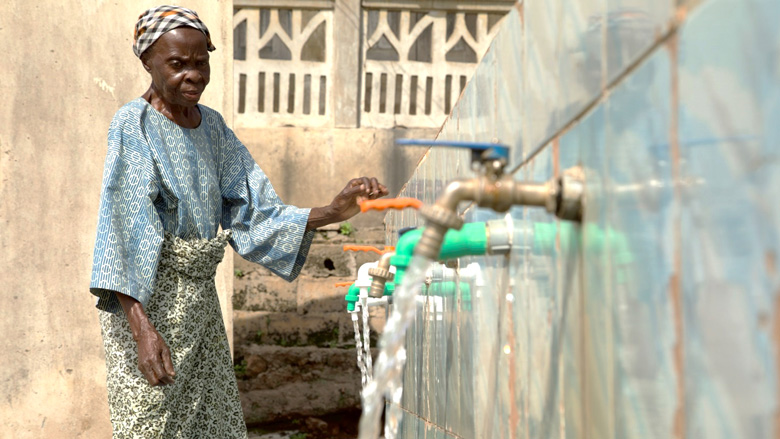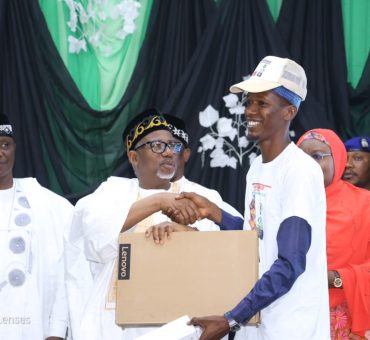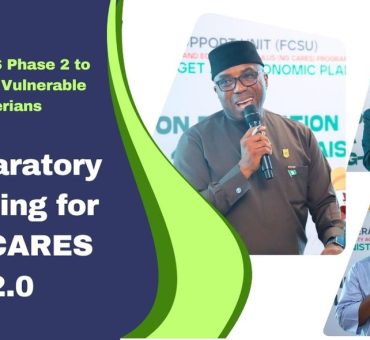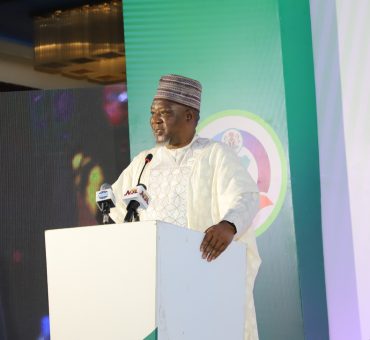STORY HIGHLIGHTS
- In Nigeria, the Community and Social Development Project (CSDP) aims to increase access by the poor to improved social services and infrastructure in a sustainable manner
- This bottom-up approach, where the communities are the drivers, encourages joint decision making between communities and sectoral agencies
- The success of the program, which can be found in 29 of Nigeria’s 36 states, and has benefited 23 million Nigerians, is that it also gives a voice to marginalized groups
ABUJA, Nigeria, October 21, 2021 – On the green hills of Wah, in the Sardauna area of Taraba state in Nigeria, lies a spring that has flowed for centuries. Yet, a lack of water storage facilities in this poor community of farmers and herders meant that the water from the spring had never been enough to meet the community’s needs, until now.
The spring water which hitherto collected into a brook and rolled down the hills into nothingness is now being captured in a storage facility that can hold 2,000 gallons of water, meeting the needs of the community.
“We now have drinkable water right in our homes because of the ingenuity of the CSDP team and our community leaders,” said Joshua Biri, a resident of the community. “Also, our women and children no longer have to walk the long distance to the brooks to fetch water. I am happy that my daughters are no longer late to school because of water.”
Wah, in the northeast, is among thousands of communities in Nigeria that have seen an improvement in their lives because of basic infrastructural development deployed under CSDP. At least 491 projects have been executed in Taraba, ranging from rural electrification to the provision of water.
CSDP supports the empowerment of communities and vulnerable groups within them to develop, implement and monitor micro-social infrastructure projects. It also aims to strengthen the skills and capacity of local government authorities and sectoral public agencies to support communities and build a partnership between them.








How can we be a beneficiary
Please contact your state NG CARES office where you are currently based, or keep checking our website. it is domiciled only in the states, the Federal is only coordinating. thank you